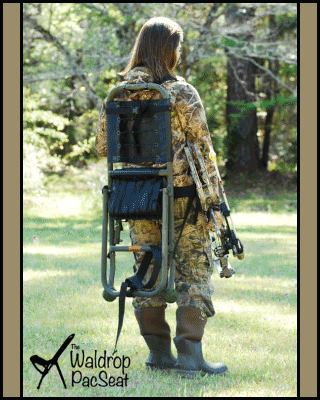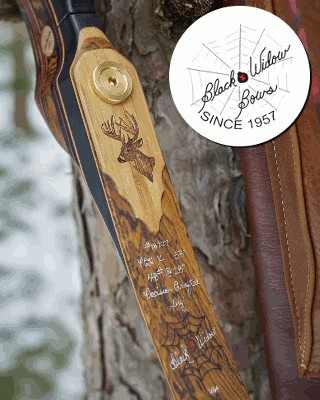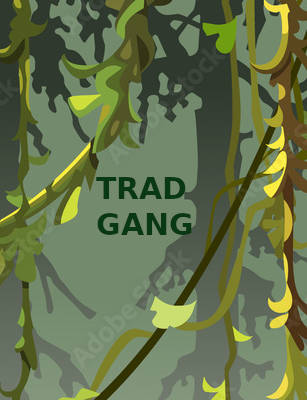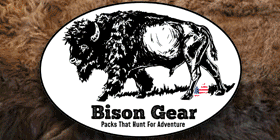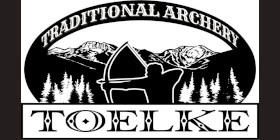Ok, I'm finally getting close to having all of my equipment set up to start doing a little forging. I'm planning to order some steel in the next month or so and wanted to get you guys' opinions on a few things. I've heard a lot about Aldo steel and found most of what I'm interested in on his website, so I plan to order most of it from there, unless there is a better supplier that you guys know of. I plan to get some 5160 because it seems to be a general concensus on here that it makes a tough blade for larger knives, especially knives that are intended for chopping. I also plan to get some 1095 because I've used it for stock removal with good results and bacause I want to try my hand at a hamon sometime, which I've read is almost impossible to do with 5160. I think I'm safe with these two steels, but any pointers on these or other steel recommendations are welcome. My main question is about the size bar stock that I get. I was thinking that .250 x 1.25 5160 would be a good starting point for a bowie knife. But for smaller knives, do you guys think it better to start with something closer to the thickness/width of the final product, or would I be better off with larger stock that I could forge thinner for smaller knives and also use for larger knives? I guess what I'm asking is would it be worth it to stock up on different size bar stock to reduce the amount of forging required for smaller knives, or better to just get one or two larger sizes and forge it smaller if I need it?
Also, if I do start trying some hamons, I gather that W2 and W1 typically produce better hamons than the 1095, but Aldo doesn't appear to have either in stock. Is there anywhere that currently stocks either of those steels?
Thanks,
Matt Toms

